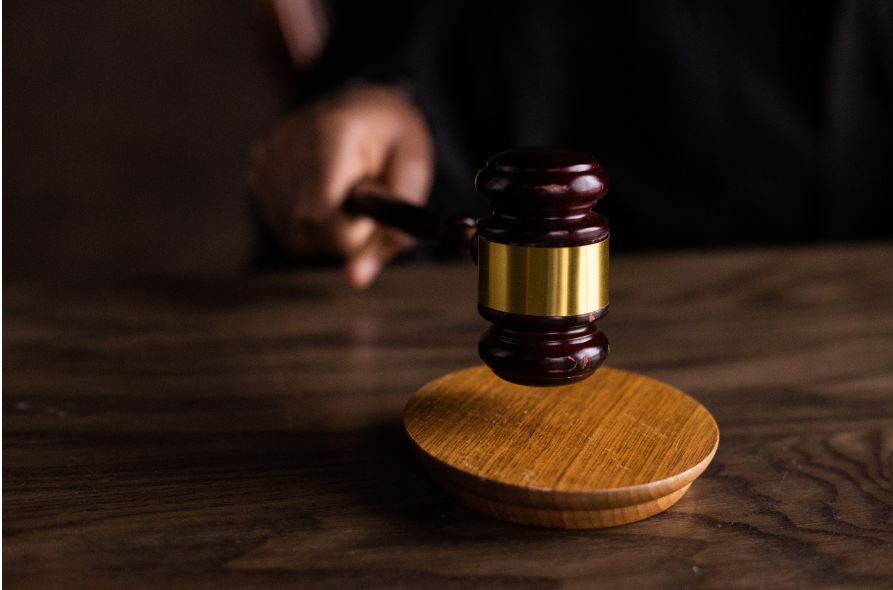Explainer: Deferred Prosecution Agreements
Singapore’s Corrupt Practices Investigation Bureau (CPIB) commenced investigations in May 2023 against Seatrium Limited (formerly Sembcorp Marine Limited) and its employees for alleged corruption offences in Brazil.

Following the investigations, and in consultation with the Attorney-General’s Chambers (AGC), two individuals were charged with corruption offences involving the payment of bribes for the benefit of persons in Brazil. Additionally, one of these individuals faced charges for obstruction of justice.
A Deferred Prosecution Agreement (DPA) allows the Prosecution to defer criminal charges against a corporate offender if the corporation agrees to fulfil certain conditions, such as admitting wrongdoing, paying financial penalties, and implementing corporate reforms.
In Singapore, all DPAs must be approved by the General Division of the High Court. During the DPA's term, the corporation is considered to have received a discharge not amounting to an acquittal and will not be prosecuted for the alleged offence. If the corporation adheres to all conditions stipulated in the DPA, the High Court may grant a discharge amounting to an acquittal upon the Prosecution’s application after the DPA expires. However, if the corporation breaches the DPA, the Prosecution may terminate the agreement and pursue prosecution for the alleged offence.
DPAs serve as a means to address corporate wrongdoing, incentivizing companies to cooperate with authorities and undertake reforms without enduring lengthy and costly trials. Similar mechanisms to DPAs are in place in the United States, the United Kingdom, France, and Japan to address corporate offences.
3 Key Takeaways for Companies Seeking Leniency Treatment
I. Full Cooperation with Authorities:
Demonstrate transparency and willingness to work with investigative bodies, providing all necessary information and assistance during the investigation process.
II. Implementation of Corporate Reforms:
Commit to substantial and genuine reforms within the company, such as enhancing internal controls, compliance programs, and ethical standards to prevent future offences
III. Admission of Wrongdoing and Financial Penalties:
Acknowledge the misconduct and accept responsibility, which may include paying fines or restitution to affected parties, as part of the conditions for entering into a DPA.
Conclusion
Achieving full compliance with the terms of a DPA must be a central corporate objective. This requires active oversight by the board of directors and effective implementation by management. Key elements include a well-thought-out and comprehensive compliance plan, strong leadership, adequate resources (often involving outside experts), and regular, rigorous monitoring to ensure ongoing compliance throughout the agreement's term. Compliance with these agreements cannot be left on autopilot or delegated to junior personnel. In some cases, successful compliance may necessitate a genuine cultural shift and a reestablishment of the company's tone at both the top and ground levels.
